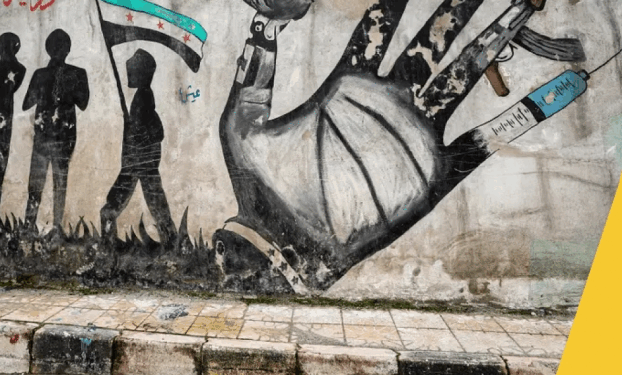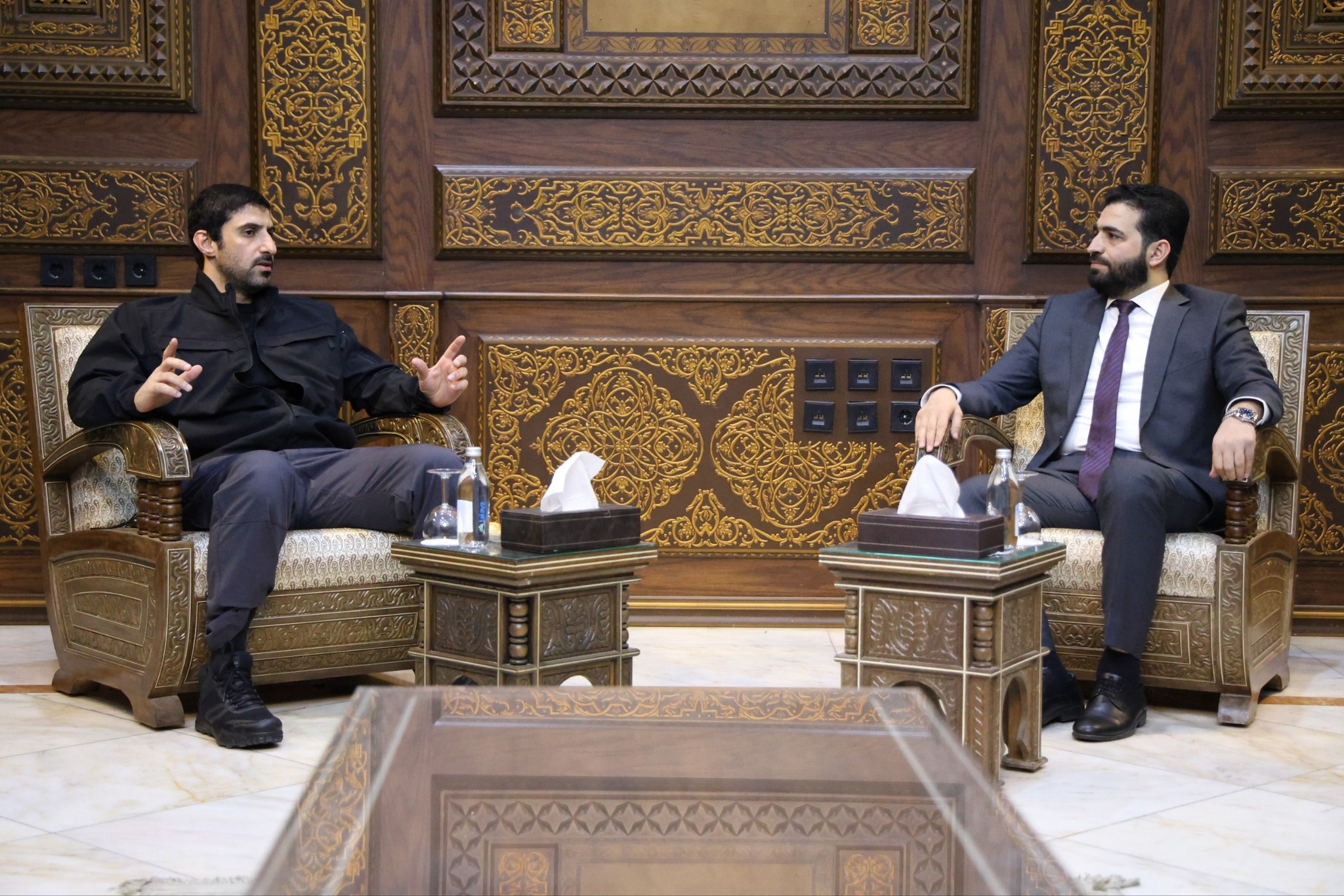Moments of major change mark critical turning points in the lives of people. They open the door to vast possibilities, but at the same time, they place everyone before great responsibilities. In Syria, where a long era of tyranny has faded, the greatest challenge is choosing new leaders capable of leading the country toward a better future. The most important question is: Will we overcome the mistakes of the past, or will we reproduce them in different forms?
The Reality of Familiar Figures
Societies in transitional periods have long relied on “used” figures, based on considerations of their status or the range of their political or social practices. These figures are considered “safe” by their peers, under the pretext that their hands are not stained with blood. Despite the appearance of reassurance, this is not enough, as relying on these models often recycles the same ideas and practices that have proven their failure over the past several decades.
These figures, who have not achieved anything noteworthy in the past, will be unable to offer anything new in the present. Their continued presence in the public sphere burdens the reform process and weakens the credibility of the transitional process, making it closer to reproducing the previous regime rather than transcending it.
The real challenge today is not simply finding “clean” individuals, but individuals capable of working diligently and efficiently. We need leaders with a clear vision, executive plans, and a specific timetable for achieving goals. What is required is to foster the principle of competitiveness among institutions and ministries to serve the public good, and to hold accountable any official who fails to achieve goals. These individuals must be prepared to assume responsibility and work diligently to achieve real, tangible results.
With the selection of the right talent, another equally serious challenge arises: burdening serious individuals with enormous burdens beyond their capacity, then demanding that they deliver nearly impossible results in a short period of time. In this context, these individuals may be asked to correct misguided paths that have spanned more than half a century and quickly elevate the country to the ranks of developed nations.
Can a country that has suffered from turmoil for decades transform overnight into an advanced model? Such unrealistic expectations often lead to the failure of promising leaders and distort their public image. Comparing them to their predecessors—despite the difference in circumstances and challenges—can be a fatal blow.
Therefore, we must realize that sound premises lead to the desired results, not the other way around. True reform requires time and well-thought-out plans, not false promises or a magic wand. True change does not come from reproducing the past or from unrealistic demands. What we need today is a societal awareness of the importance of giving a chance to individuals with real projects to advance a country emerging from a long coma with an exhausted body. There is no room for wasting time on failed experiments or familiar choices. We must realize that successful change requires a clear vision, sufficient time, and a shared commitment between leaders and society.
Civil Society: A Pillar of Change
Civil society plays a pivotal role in supporting change and reform processes. It forms a bridge between the government and the people, contributing to raising public awareness and stimulating community participation. Through its various institutions, it monitors government performance and offers innovative insights and solutions to existing challenges, while empowering segments of the population that may not find a voice through traditional channels.
In addition, civil society organizations are relied upon to build a culture of transparency, highlighting shortcomings and proposing practical alternatives. Thanks to their ability to operate outside the formal framework, they foster cooperation among various components of society, strengthening the social fabric and overcoming divisions that may hinder change. Therefore, civil society organizations are a key factor in maintaining the momentum of change and ensuring its continuity.
On the other hand, civil society organizations can act as incubators for creativity and innovation. They provide a flexible space for experimenting with new solutions to existing challenges, and their ability to coordinate local and international efforts enables them to attract funding and expertise that help accelerate the national recovery process.
However, at the same time, for civil society to succeed in fulfilling this role, it requires an enabling environment that guarantees its independence and freedom of operation. Without a legal framework that allows these organizations to operate freely and a political climate that supports pluralism, achieving the desired goals will be difficult.
Therefore, the partnership between civil society and state institutions is a crucial factor in achieving the desired change. This partnership must be based on clear foundations of cooperation and mutual respect, harnessing civil society’s energies to support national priorities while maintaining its independence, which enables it to effectively play its oversight and developmental role.














